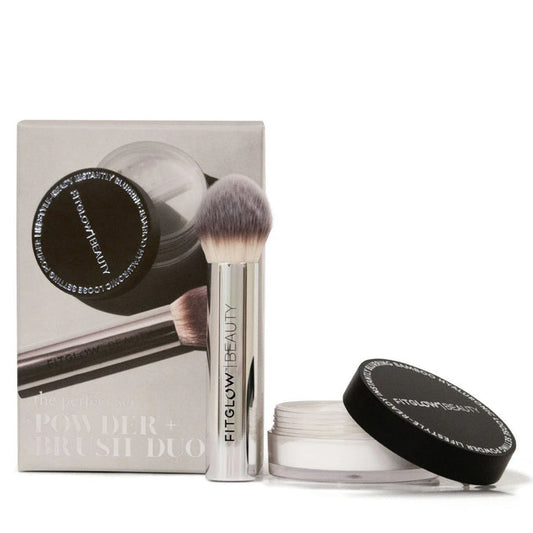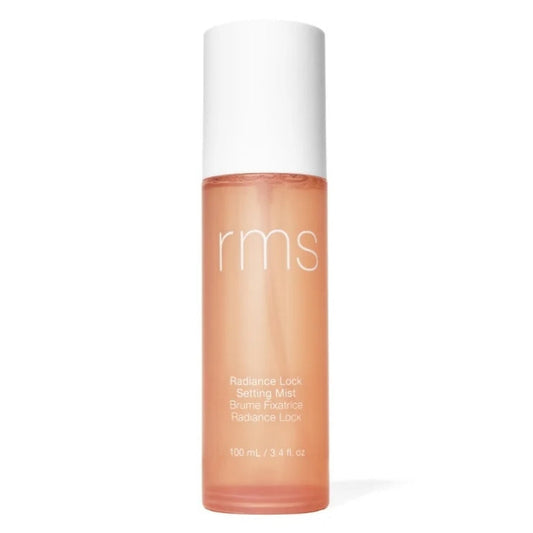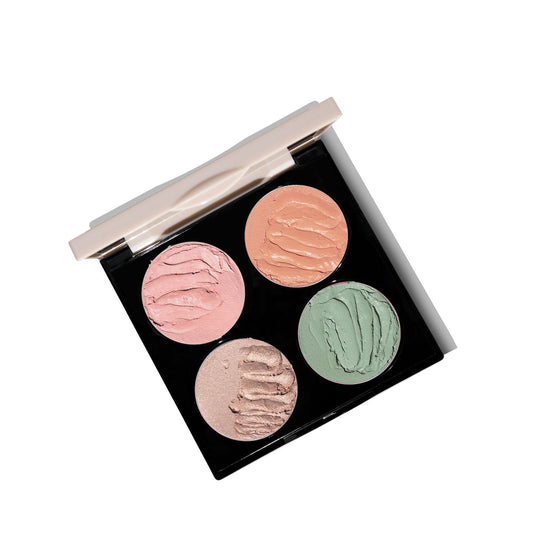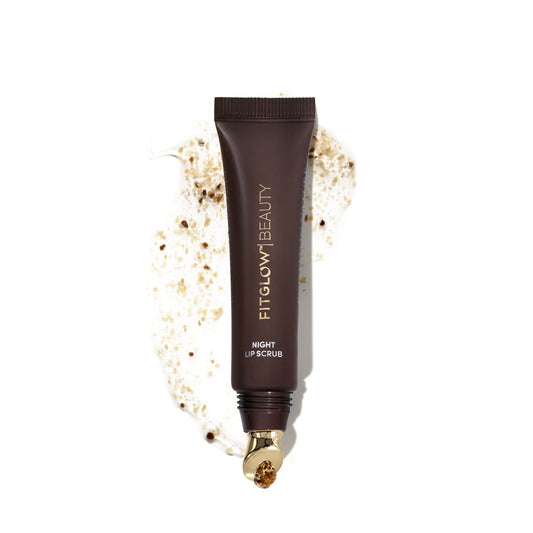What does estrogen do for a woman's (and man's) body?
Let’s talk about a really important hormone today – one that plays an important role in both female and male health but is generally only associated with female health – estrogen. What exactly is hormone though? It is basically a chemical substance that signals messages to different parts of the body. Hormones are produced by various glands and are a key part of a properly functioning body.
Estrogen is primarily produced by the ovaries. It has a wide array of functions in the body including regulating the urinary system, reproductive system, metabolism, and sexual health. Along with other hormones, it also impacts neurological health, cardiovascular health and can prevent osteoporosis. It also impacts the skin and other tissues. Obviously this is not a hormone to be taken lightly.
Estrogen is also produced by your adrenal glands and by fat tissue, though in much smaller quantities than what is produced by the ovaries. Estrogen levels change throughout the month depending on your menstrual cycle. These fluctuations are normal and are part of a healthy functioning system. However, women are increasingly experiencing unhealthy levels of estrogen whether too little or too much and this is wreaking havoc on our bodies.
What are the symptoms of low estrogen levels?
If estrogen levels are too low, you may experience symptoms like mood swings, irregular or absent periods, lack of vaginal lubrication resulting in painful sex, increase in UTIs, depression, headaches or migraines, hot flashes, tenderness in breasts, fatigue, and decrease in bone density. As illustrated, this is not a condition that can be overlooked.
What happens when estrogen levels are high?
If estrogen levels are too high, it is a condition known as estrogen dominance. This can result in symptoms like an increase in weight gain particularly in the waist, hips, and thighs, irregular periods, fatigue, depression or anxiety, heightened symptoms of PMS, fibrocystic breasts, fibroids, hair loss, insomnia, forgetfulness, and cold hands and feet.
Ensuring our bodies are functioning properly and hormones are maintaining their delicate balance is no small feat. It is important to consult a physician if you feel like you may be suffering from an imbalance in estrogen levels. However, diet and a healthy lifestyle can also powerfully impact the overall health of our hormone secreting glands.
Seed rotation and eating foods rich in estrogen can help increase estrogen levels while consuming foods that are considered phytoestrogens can help reduce the estrogen levels in the body. It is important to determine what works for your body and to invest the time and effort in leading a healthier lifestyle for your overall health.




















